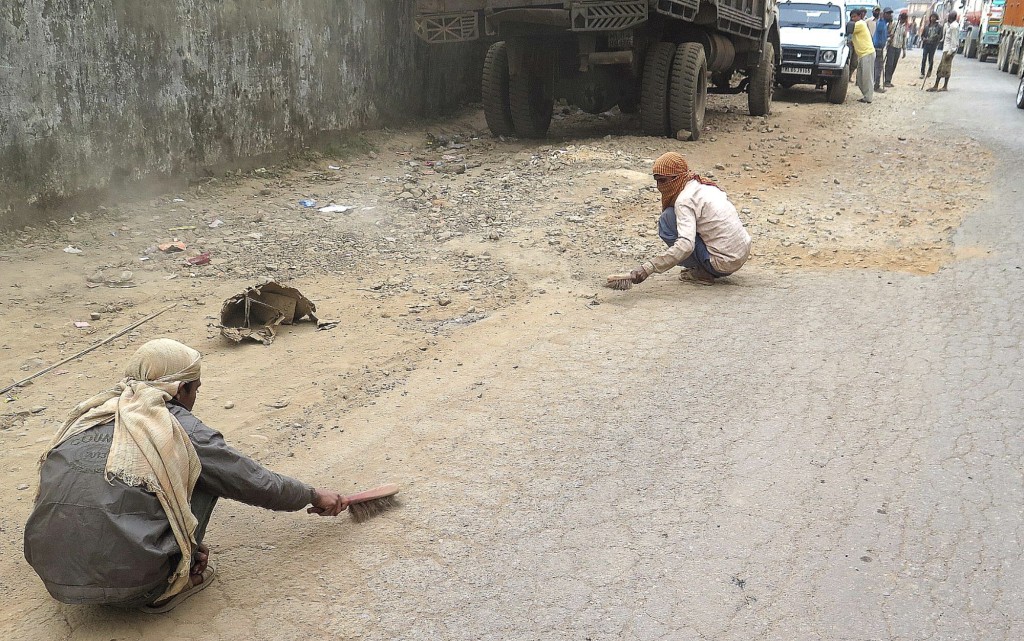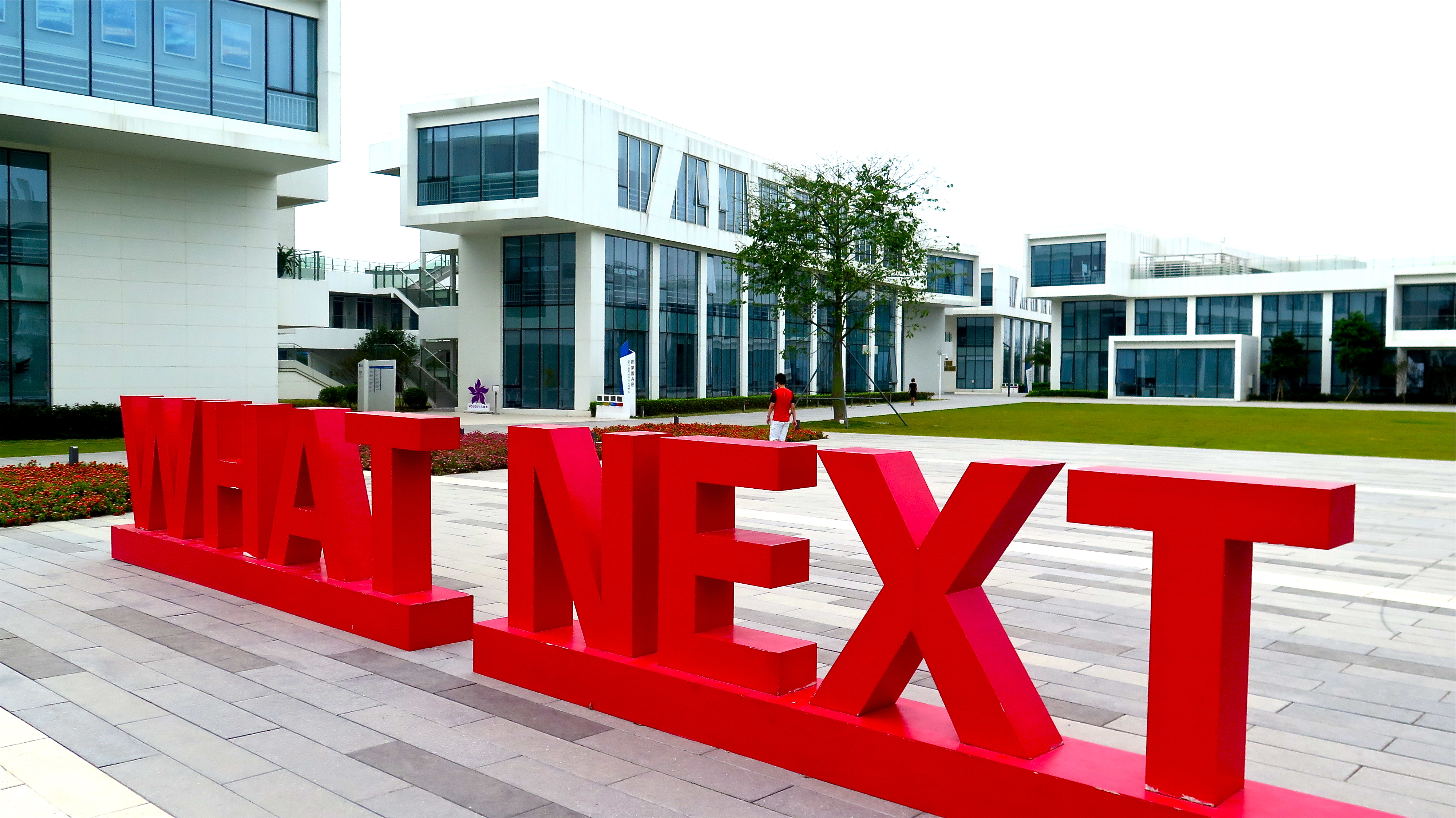
French authorities issued an alert on November 18 about the upcoming COP 21 Paris global climate summit that needed almost no explanation. Two big public demonstrations planned for November 29 and December 12 would not take place, French officials declared, because of the risk they would be terrorist targets.
The Paris Climate Conference, which opens on November 30 and closes December 11, is the 21st United Nations-sponsored annual global gathering meant to “stabilize atmospheric concentrations of greenhouse gases.â€
The conference is expected to attract close to 50,000 participants including 25,000 official delegates from government, intergovernmental organizations, UN agencies, and civil society. Some 140 heads of state, among them President Obama, are expected to attend. UN organizers say that the Paris conference will “for the first time in over 20 years of UN negotiations, aim to achieve a legally binding and universal agreement on climate, with the aim of keeping global warming below 2°C.â€
In a way the Paris terrorist attack, coming so close to the start of the summit, resembles the unexpected online hacking attack that disrupted the start of COP 15 in Copenhagen in 2009. Then, as now, there was great hope that negotiators from nearly 200 nations would reach agreement on an international accord to limit climate emissions and slow the planet’s dangerous warming.
Different Feel From Copenhagen
Just days before the Copenhagen climate summit started, though, hackers broke into an email cache at the Climate Research Unit at the University of East Anglia in England, a top climate research group. The hackers uploaded the stolen emails, which included candid private conversation between scientists, to several sites. Opponents of climate action, and broadcast newsrooms, pounced on the emails and indecorously parsed them for evidence of scientific uncertainty about the authenticity of the planet’s warming, doubts that the emails never discussed.
In 2009, the global climate movement was in its infancy. The evidence of the droughts, floods, storms, wildfires, and plagues linked to the warming climate was not quite as recognizable. The hack job achieved its objective by producing an internationally televised scientific smear that rattled attendees and was a factor in the conference’s disappointing result.

What’s so different in 2015 is the determination that world leaders and citizens are displaying in Paris. They are defying the blood and carnage to convene a global climate summit that achieves a breakthrough.
In part that is due to the French republic’s resolve to defend its way of life.
In part that is due to citizen activism and the world’s understanding that climate change is an inescapable global threat to life. International organizations are leading a global citizens campaign for climate action. Little more than a year ago, in September 2014, 400,000 people participated in the Peoples Climate March in New York to call for climate action. Two months later, as nations finally accept the responsibility to secure the planet’s safety, the United States and China reached an agreement to limit carbon emissions, a pact between the two largest sources of carbon that is the diplomatic breakthrough that could lead to a climate accord in Paris.
Global Pressure is Keen
News media attention to the links between climate change , and especially disruption to global hydrological cycles, is becoming keener. On November 18, the same day that French authorities closed down public demonstrations at the Paris conference, the United Nations Secretary-General Ban Ki-moon hosted a three-day meeting in New York on the links between water management and disaster risk reduction today. Ki-moon stressed that floods, droughts and cyclones have caused more than $US 1 trillion in damages and affected over 4 billion people since 1990.
“The poor and most vulnerable have suffered first and worst,†he told the UN High-Level Water and Sanitation Days 2015 conference. “Issues of water and disaster resilience are so intimately related that it is impossible to think of one without the other. Yet too often we do, by thinking in silos and responding in fragmented ways. It is time to close these conceptual and operational gaps.â€
A fourth factor that could lead to an international climate agreement in Paris is the diminished economic and political power of the global fossil fuel industry. In what may be the start of a slow-footed dance to extinction, producers of coal, natural gas, and oil are under assault from governments and from markets. Prices are low. Coal companies are going bankrupt. Oil companies are retreating from planned developments and 200,000 workers in the United States have been laid off. ExxonMobil is under investigation for securities fraud associated with its program to hide its own science on the hazards of carbon and finance groups and lawmakers who assert that climate change is a hoax. Investors have withdrawn $US 2.6 trillion dollars from fossil fuel company treasuries in a global disinvestment campaign that is growing more influential by the month.
The ecological and economic momentum pushing negotiators to agree to reduce carbon emissions appears so powerful, say participants, that even the assault on safety and reason wrought by the Paris terrorist attacks is part of the growing endowment of reasons to act. It is now widely recognized that among the 2011 ignition points of the civil war in Syria, which provided ISIS with access to territory it could invade and defend, was a four-year drought that wrecked agriculture and forced over one million rural residents into Syria’s unstable cities.
Predicting an outcome of the Paris Climate Conference is like guessing the winner of the American Superbowl. If a deal is struck, its provisions won’t go into effect until 2020. And if an agreement is reached, say climate activists, it will be surprising if it is sufficiently aggressive to hold global temperatures from rising 2 degrees Celsius, the level that scientists say is needed to prevent environmental and economic ruin.
“I’m predicting a deal that will get us started,†said Durwood Zaelke, a lawyer and founder of the Institute for Governance and Sustainable Development in Washington, D.C. “It will be far from enough to do 2 degrees.â€
Bill McKibben, the environmental journalist and co-founder of 350.org, the group that helped lead the campaign to halt the Keystone XL pipeline, added in an email message: “Paris is the scoreboard more than the game. The results will reflect how much movement pressure we’ve built since Copenhagen, when there was no movement. And the scoreboard will tell us, come December 12, how much work we still have to do to have a fighting chance at a habitable planet. I imagine it will still be considerable.â€
— Keith Schneider
